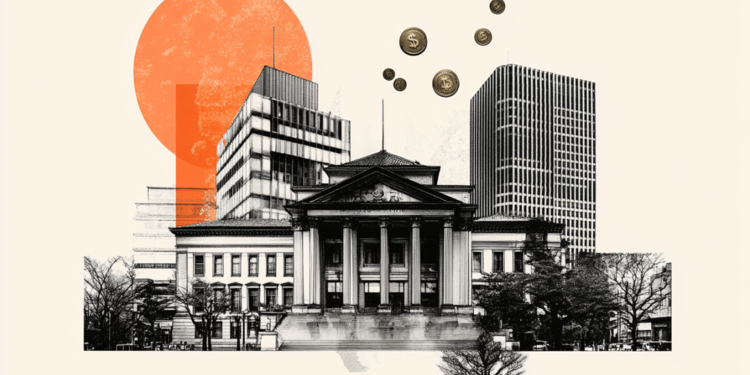While the IFIX, the benchmark index for real estate funds on the Stock Exchange, has accumulated a drop of around 10% this year, market agents raise investment in flats as a possibility that combines the Brazilian tradition of buying real estate, with an income of up to 1% per month.
Despite being similar, the flats have different characteristics from a traditional property. The turnover of tenants is greater, as they can stay for days or a few months at the site, and the initial investment is relatively smaller, starting at R$150,000.
In addition, the owners of flats, which are usually a little bigger than a hotel room and have facilities offered in this type of development, can choose to place them in a rental pool – in which the administration is carried out by a manager or hotel chain — or by direct rental.
To cite some recent examples, Só Flats, a company specialized in this type of asset, offers a flat in a building with the flag of a hotel in Joinville (SC) for R$ 220 thousand with an average monthly income of R$ 1,500, that is, 0.68% of income per month.
Another flat in a property located in São Paulo promises a return of 0.7% per month, with an initial investment of R$ 410 thousand.
In some cases, however, as the rent varies and depends on local demand, it can reach 1% per month. Therefore, the demand for flats as an investment this year rose about 40% compared to last year, the height of the crisis caused by Covid-19, according to sources in the flat market.
Appreciation (or not) of the property in the following years
For Johnny Mendes, professor of economics at Faap, those interested in acquiring a property of this type to obtain extra monthly and continuous income can analyze other assets, such as fixed income products, which became attractive again with the rise in the basic interest rate (Selic) or even the FIIs.
“The flat investor must take into account the property’s appreciation in the coming years. There are risks that the value of the property will not go up enough to guarantee a gain from the fixed income option you have today. If you can get the same income of 1% per month, it is to think carefully about fixed income options”, he said.
For Caio Castro, a partner at manager RBR, despite the IFIX accumulating a sharp drop in the year, real estate funds still have an advantage in relation to taxation and property diversification.
“If you invest R$500,000 in a flat, you are concentrating all your risk on a property, an asset, and if you need R$50,000, you need to sell the entire property. Now, if there are BRL 500 thousand invested in FIIs, you sell BRL 50,000 in quotas, just what you need”, he said.
“Another difference is asset management. If the tenant leaves, you have to put it up for rent and make the necessary renovations. In addition, there is the tax benefit of the FIIs, which are exempt from income tax, something that the receipt of the flat does not have”, he said.
Reference: CNN Brasil
I am Sophia william, author of World Stock Market. I have a degree in journalism from the University of Missouri and I have worked as a reporter for several news websites. I have a passion for writing and informing people about the latest news and events happening in the world. I strive to be accurate and unbiased in my reporting, and I hope to provide readers with valuable information that they can use to make informed decisions.







